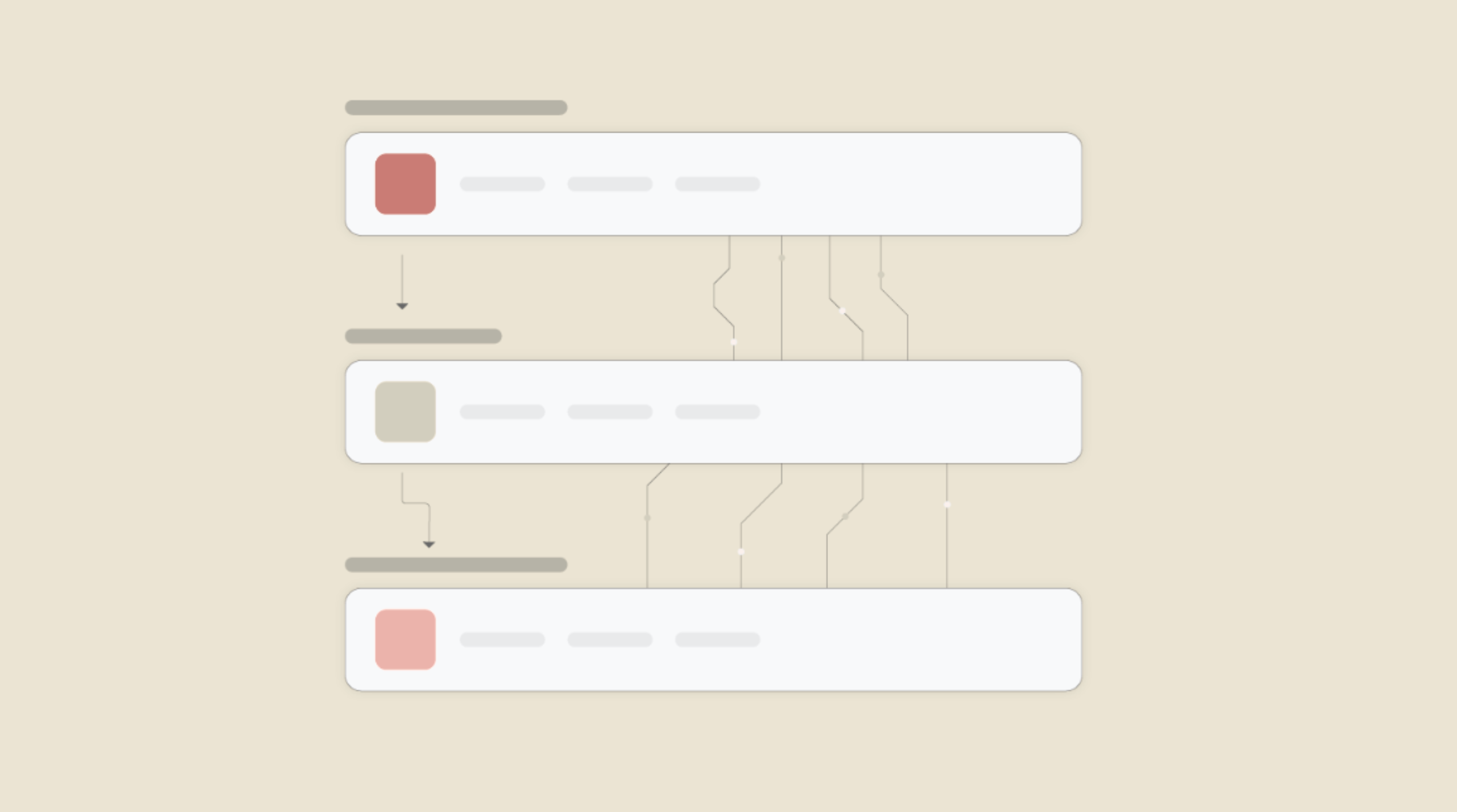Connect SQL Server and parcelsync to Build Intelligent Automations
Choose a Trigger

When this happens...
- Request a new Trigger for SQL Server
Choose an Action

Automatically do this!
- Request a new Action for parcelsync
Enable Integrations or automations with these events of SQL Server and parcelsync
Enable Integrations or automations with these events of SQL Server and parcelsync
Actions
Execute a query
Execute any query on SQL Server Database
Insert a row
Insert a row in SQL Server Database
Update row
Update row in SQL Server Database Table
Find row via custom query
Find a row via query in SQL Server Database table
Find row
Find a row in SQL Server Database
Create or Update
Perform Upsert (Create or Update) operation in any SQL Server Database table.
Know More About Sql Server and Parcelsync Integrations

How viaSocket Works | A Complete Guide
Gain insights into how viaSocket functions through our detailed guide. Understand its key features and benefits to maximize your experience and efficiency.

5 Simple Automation Hacks to Make Your Team Free
Unlock your team's potential with 5 straightforward automation hacks designed to streamline processes and free up valuable time for more important work.

What is Workflow Automation - Definition, Importance & Benefits | A Complete Guide
Workflow automation is the process of using technology to execute repetitive tasks with minimal human intervention, creating a seamless flow of activities.
Frequently Asked Questions
To start, connect both your SQL Server and parcelsync accounts to viaSocket. Once connected, you can set up a workflow where an event in SQL Server triggers actions in parcelsync (or vice versa).
Absolutely. You can customize how SQL Server data is recorded in parcelsync. This includes choosing which data fields go into which fields of parcelsync, setting up custom formats, and filtering out unwanted information.
The data sync between SQL Server and parcelsync typically happens in real-time through instant triggers. And a maximum of 15 minutes in case of a scheduled trigger.
Yes, viaSocket allows you to add custom logic or use built-in filters to modify data according to your needs.
Yes, you can set conditional logic to control the flow of data between SQL Server and parcelsync. For instance, you can specify that data should only be sent if certain conditions are met, or you can create if/else statements to manage different outcomes.
About parcelsync
Track your fleet, connect with customers and document deliveries, all in one app
Learn More